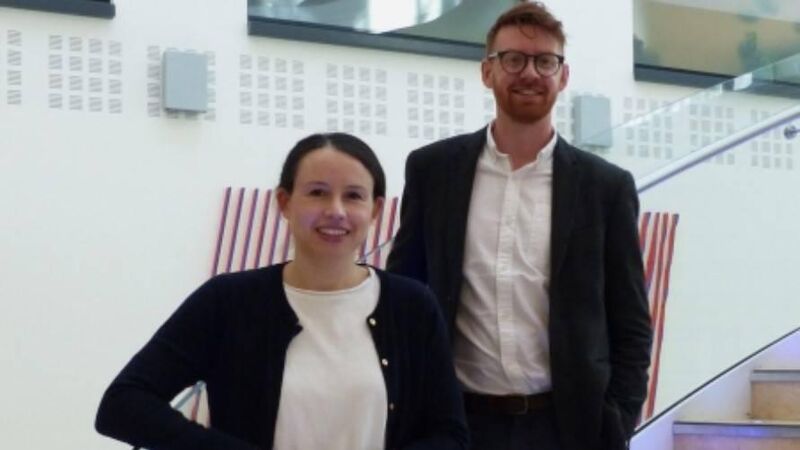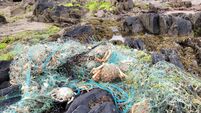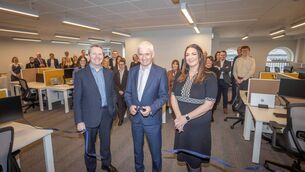Renewable Island: A 'carbon sink' against climate change

Dr Grace Cott and Dr Mark Coughlan of UCD, whose research looks at how Ireland's marine habitats store carbon and potentially reduce carbon dioxide concentrations in the atmosphere.
With an investment of €2.6 million under the Marine Institute's 2021 Blue Carbon call, two Irish research teams led by Dr Grace Cott and Dr Mark Coughlan of University College Dublin, will undertake a substantial programme of research to investigate how Ireland's marine habitats store carbon and potentially reduce carbon dioxide concentrations in the atmosphere.
This flagship award by the Marine Institute is co-funded with contribution of €400,000 by the Environmental Protection Agency.








